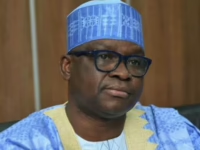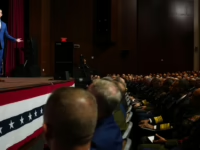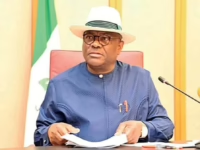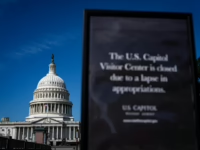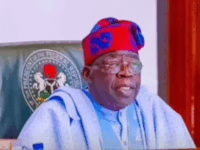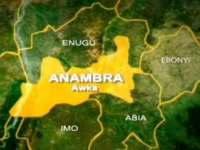The National Association of Nigerian Students (NANS) has issued a strict seven-day deadline to both the Federal Government and the Academic Staff Union of Universities (ASUU) to settle their ongoing labor dispute, aiming to avert further interruptions to Nigeria’s academic calendar.
In a statement released on Wednesday and signed by NANS President Olushola Oladoja, the student organization voiced serious concern over the escalating conflict between ASUU and the government. They warned that any additional disruption to academic activities would be unacceptable to Nigerian students.
Oladoja highlighted that under President Bola Ahmed Tinubu’s Renewed Hope administration, Nigeria’s higher education sector enjoyed two consecutive years of uninterrupted academic sessions-an unprecedented feat since the country’s return to democracy in 1999. However, he cautioned that ASUU’s recent strike threat jeopardizes this hard-earned progress.
“In light of this, NANS urges both ASUU and the Federal Government’s negotiation team to reach a sustainable resolution within the next seven days. Many Nigerian students, who rely on educational loans, cannot bear another academic disruption or prolonged campus stay,” Oladoja emphasized.
While acknowledging the Tinubu administration’s efforts to reform the education sector-such as the establishment of the Nigerian Education Loan Fund, the exclusion of tertiary institutions from the Integrated Personnel and Payroll Information System (IPPIS), the reversal of the 40% Internally Generated Revenue (IGR) remittance policy, and focused TETFund initiatives-Oladoja pointed out that poor communication and delays in implementing agreements have reignited tensions with ASUU.
He described the union’s latest strike threat as “a regrettable outcome of miscommunication and inadequate crisis management,” warning that the ongoing impasse endangers the stability of Nigeria’s academic framework.
According to NANS’ independent investigation, a recent federal government meeting intended to address ASUU’s grievances was boycotted by the union due to disagreements over procedural matters. Nonetheless, Oladoja noted that both parties have since expressed willingness to resume talks once appropriate arrangements are made.
RELATED: Medical lecturers’ union refutes strike rumors, describes talks with FG as ‘promising’
“NANS calls on the government to promptly reconvene the dialogue to close this communication gap,” he urged, adding that the students’ body has secured commitments from both sides to return to negotiations.
Oladoja also appealed to President Tinubu to personally step in to resolve the deadlock, cautioning that failure to act could erode the positive momentum his administration has built in the education sector.
“We strongly call on President Bola Ahmed Tinubu to intervene decisively at this critical juncture. The advancements achieved in education under his Renewed Hope Administration must not be undone by another strike. This is the moment for constructive dialogue, mutual understanding, and firm action-the future of millions of Nigerian students depends on it,” the statement concluded.
ASUU initiated a warning strike on Monday following the expiration of a 14-day ultimatum given to the Federal Government to address its longstanding demands.
The lecturers’ demands include the enforcement of the renegotiated 2009 ASUU-FGN Agreement, payment of withheld salaries amounting to three and a half months, revitalization of public universities, increased funding for tertiary education, and settlement of salary and promotion arrears spanning four years, estimated between 25% and 35%.
Additionally, ASUU is calling for the release of withheld cooperative deductions and full implementation of the recommendations from the Yayale Ahmed-led renegotiation committee report submitted in December 2024.
In response, the Minister of Education, Prof. Tahir Mamman, reportedly instructed university vice-chancellors to apply the government’s No Work, No Pay policy against lecturers participating in the strike.
The ongoing strike has disrupted examinations across numerous universities nationwide, intensifying concerns among students and their families as the stalemate continues.






